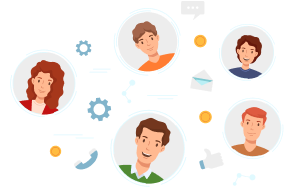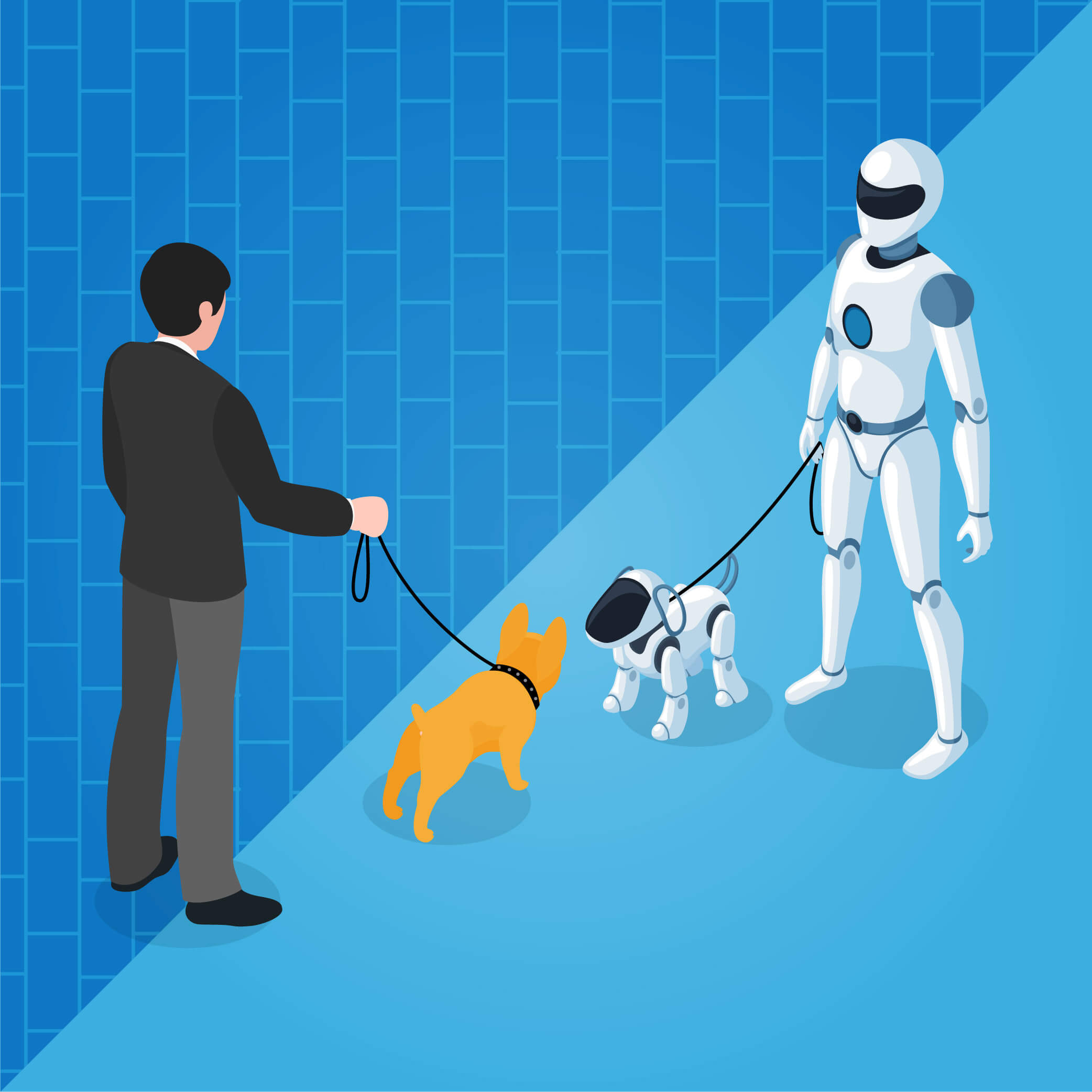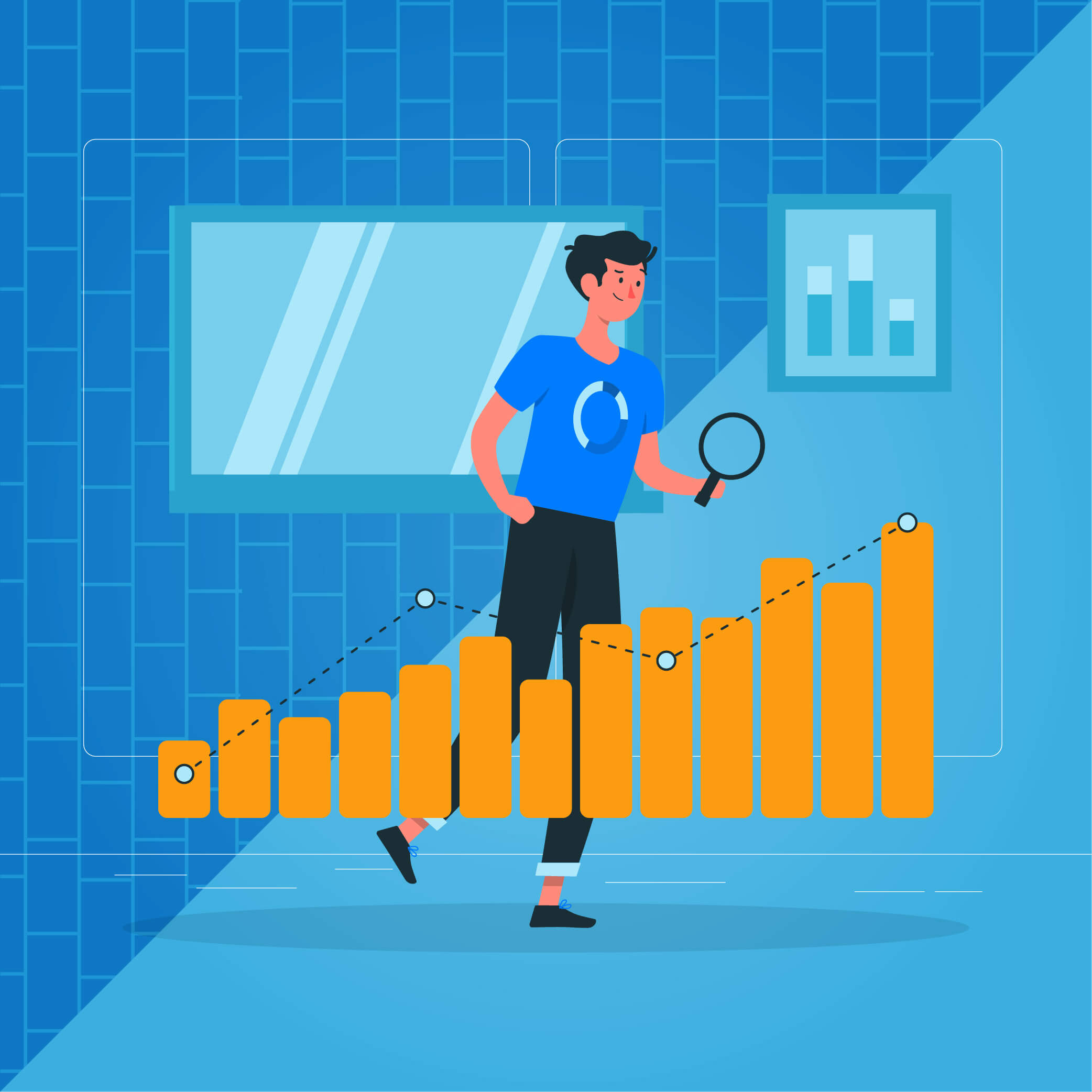
How AI Enhances Sales Forecasting
Ever wondered how businesses seem to predict sales with uncanny accuracy these days? Well, the secret sauce isn't just about experienced hunches or lucky guesses. It's all about AI – that's right, Artificial Intelligence. Let's dive into how this futuristic tech is revolutionizing sales forecasting and making businesses smarter than ever.
Understanding the Traditional Approach
First off, let's give a nod to the old methods. Traditionally, sales forecasting relied heavily on historical data, gut feelings, and perhaps a dash of intuition from seasoned sales professionals. While these methods had their merits, they often fell short in capturing the complexities of today's dynamic markets. Enter AI, stage right.
The AI Advantage in Sales Forecasting
1. Data Deluge? No Problem!
In today's digital age, data is everywhere. From customer interactions on social media to website clicks and purchase histories, businesses are inundated with information. Here's where AI shines. Advanced algorithms can sift through vast datasets at lightning speed, identifying patterns, trends, and correlations that would be nearly impossible for humans to discern manually.
2. Predictive Analytics: The Crystal Ball of Sales
Remember those crystal balls in fairy tales? Well, AI-powered predictive analytics is the modern-day equivalent for sales forecasting. By analyzing historical data and real-time insights, AI algorithms can predict future sales trends with remarkable accuracy. This isn't mere guesswork; it's data-driven foresight that empowers businesses to anticipate market shifts, customer preferences, and potential challenges.
3. Personalization: Tailoring Forecasts to Individual Needs
One size doesn't fit all, especially in sales forecasting. AI enables businesses to customize forecasts based on specific products, regions, customer segments, or even individual sales representatives. By leveraging machine learning algorithms, organizations can generate hyper-targeted forecasts that align with unique variables, thereby optimizing resource allocation and strategic planning.
4. Continuous Learning: Adapting to Evolving Dynamics
The beauty of AI lies in its adaptability. Unlike static forecasting models, AI algorithms evolve over time, refining predictions based on new data inputs and real-world outcomes. This iterative learning process ensures that forecasts remain relevant, accurate, and aligned with dynamic market dynamics, consumer behaviors, and competitive landscapes.
Real-World Applications: AI in Action
Let's paint a picture with a real-world example. Consider an e-commerce platform grappling with fluctuating sales patterns. By integrating AI-driven analytics, the platform can:
- Analyze customer browsing behaviors to forecast demand for specific products.
- Identify seasonal trends, promotional opportunities, and inventory requirements.
- Personalize marketing strategies based on predictive insights, thereby enhancing customer engagement and conversion rates.
In essence, AI transforms sales forecasting from a reactive endeavor to a proactive strategy, equipping businesses with the insights, agility, and foresight to navigate complex market landscapes effectively.
Overcoming Challenges: Embracing the Future
While AI offers transformative potential, it's essential to navigate potential challenges, including data privacy concerns, algorithmic biases, and organizational resistance to change. By fostering a culture of ethical AI usage, continuous learning, and collaborative innovation, businesses can harness the full potential of AI-enhanced sales forecasting, driving sustainable growth and competitive advantage.
The Future is Now
So, there you have it! AI isn't just a buzzword; it's a game-changer in the world of sales forecasting. By leveraging advanced algorithms, predictive analytics, and personalized insights, businesses can transcend traditional limitations, embrace data-driven decision-making, and chart a course for success in an ever-evolving marketplace.
As we journey further into the digital age, embracing AI-powered sales forecasting isn't merely an option; it's a strategic imperative. So, buckle up, embrace the possibilities, and let AI propel your sales forecasting efforts to new heights. After all, the future is now, and it's incredibly exciting!
Leave a comment
Your email address will not be published. Required fields are marked *




